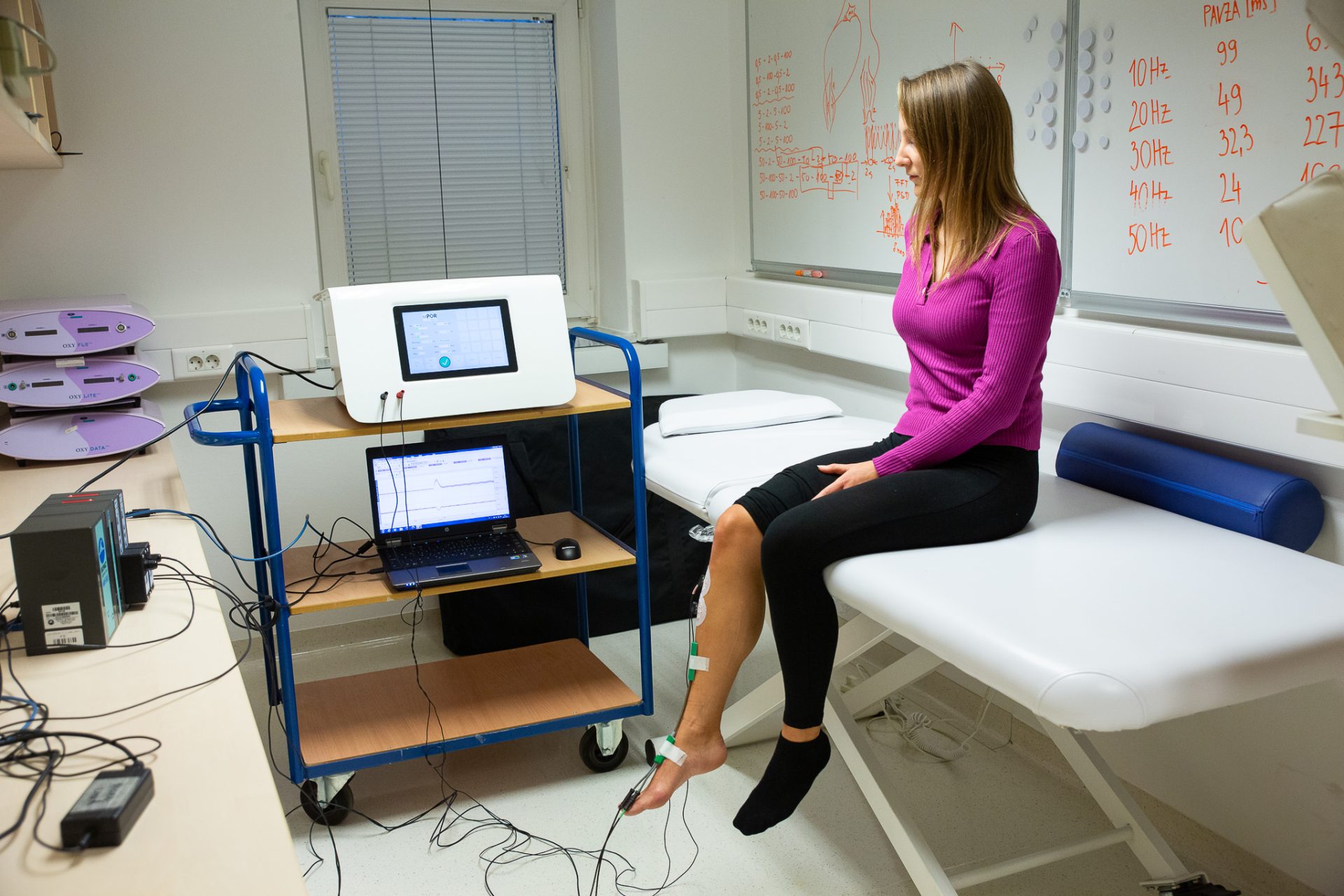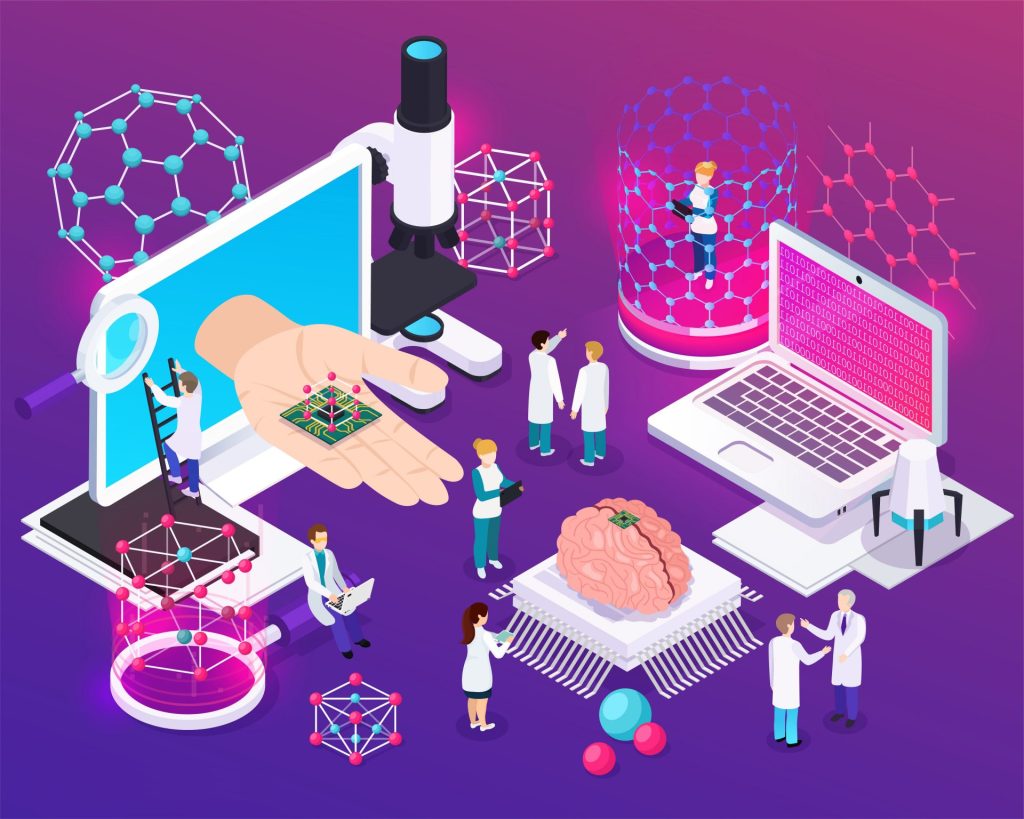Electrical Engineering +
Engineering for Life
The three most pressing and relevant fields in the global world are health, environment and energy. Biomedical engineering, often reffered to as engineering for life, is a vital part of the first of these, as it connects engineering with medicine and biology in a distinctly interdisciplinary way. The results are reflected through the development of new technologies, devices, processes, and services for monitoring, preserving, and improving health and quality of life. Its scope includes patient care, medical devices, services, e-technologies in medicine, pharmacy, and healthcare, as well as the acquisition, processing, and analysis of biomedical images and signals, biomechanics and nanotechnology, cells and tissue engineering, and much more.
With increasing life expectancy and changing lifestyles, the demand for biomedical devices and services to alleviate and address health issues is growing. Biomedical engineering combines technical innovations with medical knowledge, leading to the development of practical solutions in the form of innovative, efficient, and accessible diagnostic techniques and treatment approaches.
The future of biomedical engineering—or engineering for life—is, in essence, life itself! Among its greatest challenges is the application of artificial intelligence, which, through meaningful use of data, algorithms, and biological systems, enables revolutionary advances in medicine. These include creating digital twins of cells, tissues, organs, and even entire human beings, developing smart, responsive, and portable devices for monitoring human functions, and advancing technologies to understand and treat various diseases, such as neurological disorders and cancers. In the development and application of these technologies, additional challenges include data security and patient privacy, risk assessment, and ensuring accessibility and affordability.
Biomedical engineering is also electrical engineering, as many healthcare technologies, devices, and services rely on electronic systems and the corresponding software. At the Faculty of Electrical Engineering, biomedical engineering has been a key field of teaching and research for several decades. Development in this field encompasses a wide range of technologies, such as medical sensors, imaging devices, biological signal and medical image processing software and advanced artificial intelligence methods, all of which are closely tied to electrical engineering. Without a solid understanding of electronic circuits, signal processing, and data analysis, the development of modern medical devices like ECG monitors, MRI scanners, and ultrasound equipment would be unimaginable.



